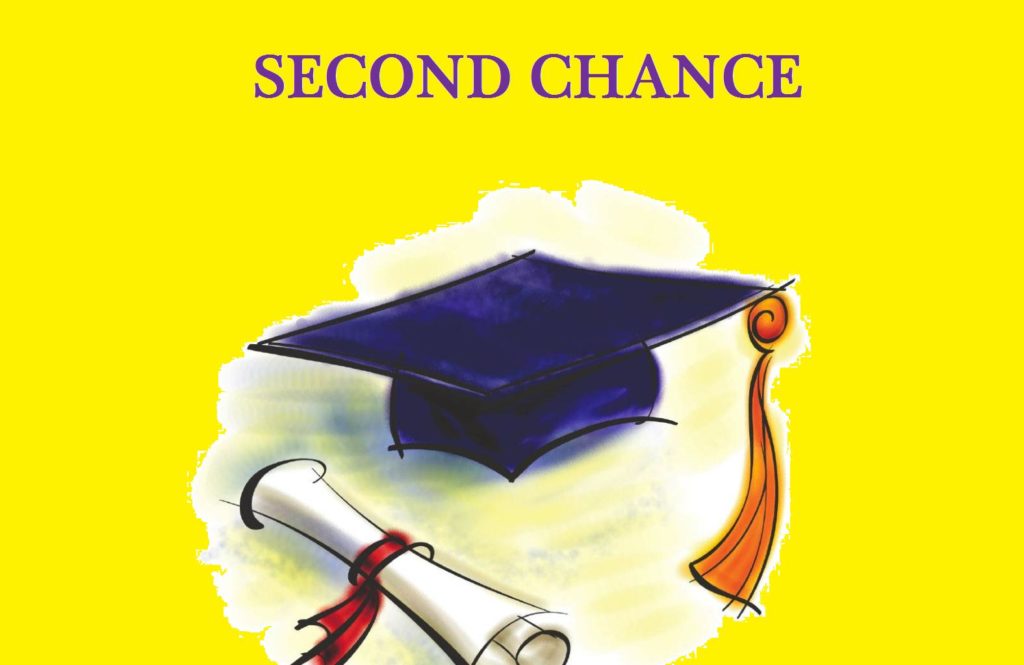June 10, 2016
by Staff Writer
Today, the Obama administration is announcing the selection of 67 postsecondary institutions to participate in the Second Chance Pell Program, which will evaluate the impact that Pell Grants have in helping incarcerated men and women pursue and attain a high-quality postsecondary education.
Nearly 12,000 students at more than a hundred federal and state correctional institutions will access approximately $30 million in Pell Grants, across 27 states in every region of the country.
Through both classroom and online instruction, eligible students in these programs can get associate and bachelor’s degrees, technical certificates in areas like welding, carpentry, and non-technical certificates in fields like business administration and marketing.
Now, the United States has the highest incarceration rate in the world with more than 2.2 million prisoners and as President Barack Obama has noted, for the money this country currently spends on prison, we could provide universal preschool for every 3- and 4-year-old in America, or double the salary of every high school teacher in the country.
According to a 2014 study funded by the Department of Justice and conducted by the RAND Corporation, incarcerated individuals who participated in high-quality correctional education at all levels were 43 percent less likely to return to prison within three years than prisoners who didn’t participate in any education programs.
Reducing recidivism will make our communities safer and save taxpayers’ money and the Second Chance Pell program is a step in the right direction, but it is not the entire solution. We need to rethink our policies that determine student access and success in higher education.
Crime must have consequences but the men and women who have done their time and paid their debt deserve the opportunity to break with the past and forge new lives in their homes, workplaces and communities. And, helping incarcerated men and women to gain new knowledge, skills, and credentials increases their chance of living successful lives, saves public dollars, and makes our communities—and our country—safer and stronger.
Our belief in second chances is fundamental to who we are as Americans.

